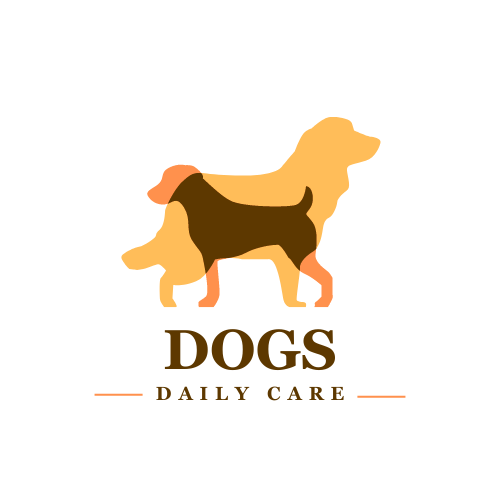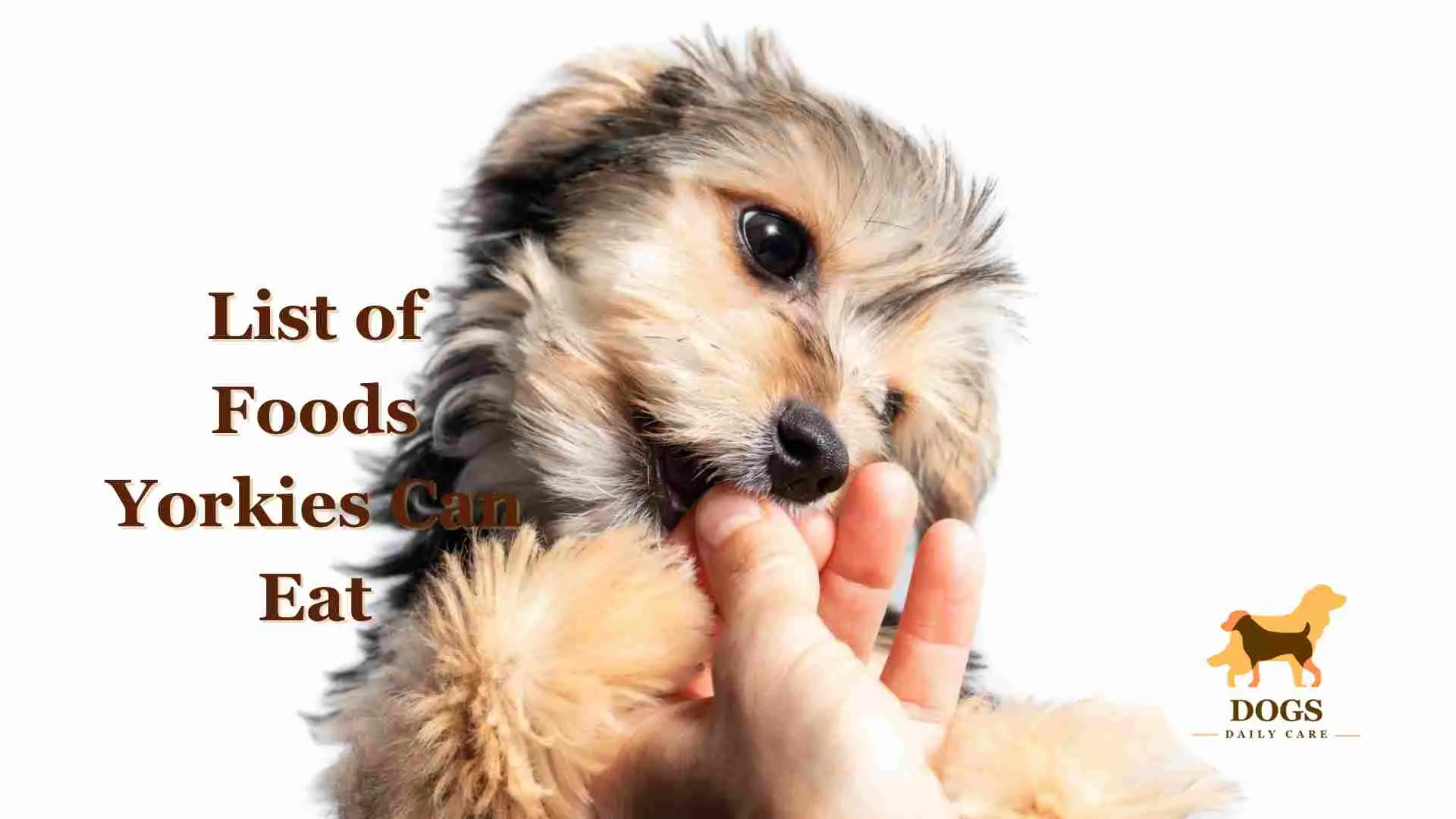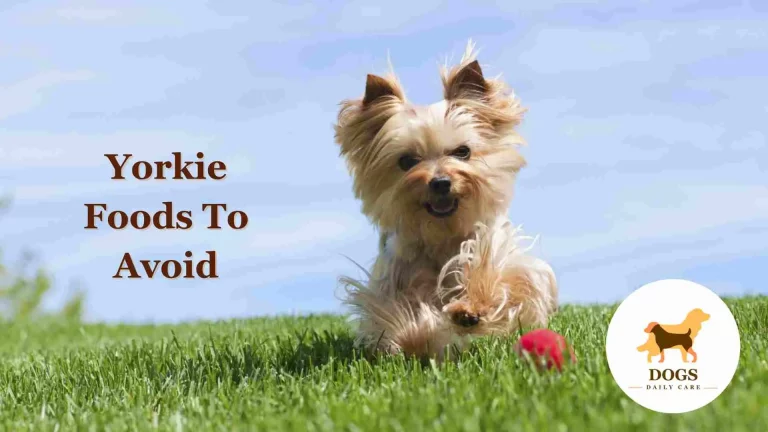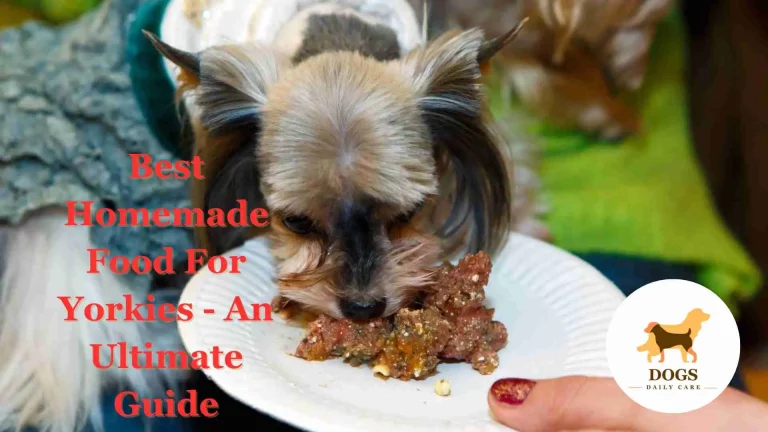List of Foods Yorkies Can Eat – All You Need To Know
Are you a proud Yorkie owner, constantly wondering about the best diet for your furry friend? You’re not alone! Yorkies, with their unique dietary needs, often leave their owners puzzled about what to feed them. It’s crucial to understand that while some foods can be delightful treats for these small pooches, others can be dangerous. This comprehensive guide is designed to unveil the mystery behind the safe and nutritious foods your Yorkie can enjoy. Let’s embark on a journey to ensure the health and happiness of your beloved pet with the right diet choices.
In this post, we’ll dive into a curated list of foods that are not only safe but also beneficial for your Yorkshire Terrier. From crunchy veggies to succulent meats, we’ve got the scoop on what will keep your Yorkie’s tail wagging. Plus, we’ll touch on foods to avoid, ensuring your pet stays safe and healthy. So, let’s get started and discover the delightful and nutritious world of foods that are perfect for your Yorkie
Understanding Yorkie Dietary Needs
Yorkshire Terriers, affectionately known as Yorkies, are more than just adorable pets; they are unique individuals with specific dietary needs. Understanding these needs is key to their health and wellbeing. Yorkies are small but active dogs, which means they need a diet that’s rich in energy. However, due to their size, they also require smaller, more manageable portions to prevent weight gain, which can be harmful to their health.
Their diet should be a careful balance of proteins, carbohydrates, fats, vitamins, and minerals. Proteins are vital for muscle growth and repair, while carbohydrates provide them with much-needed energy. Fats are important too, but in moderation, as they help in maintaining a healthy coat and skin. Remember, the right balance is crucial – too much or too little of any nutrient can lead to health issues.
It’s also important to consider the life stage of your Yorkie. Puppies, adults, and senior dogs have differing nutritional requirements. For instance, Yorkie puppies need more calories and protein for growth, while seniors might need fewer calories but more joint-supporting nutrients. This change in dietary needs should be reflected in the food you choose.
Lastly, each Yorkie is unique, and some may have special dietary needs or food sensitivities. It’s always best to consult with a veterinarian who can provide tailored advice based on your Yorkie’s health, age, and activity level. By understanding and catering to your Yorkie’s dietary needs, you ensure a happier, healthier life for your furry companion.
Safe Fruits and Vegetables
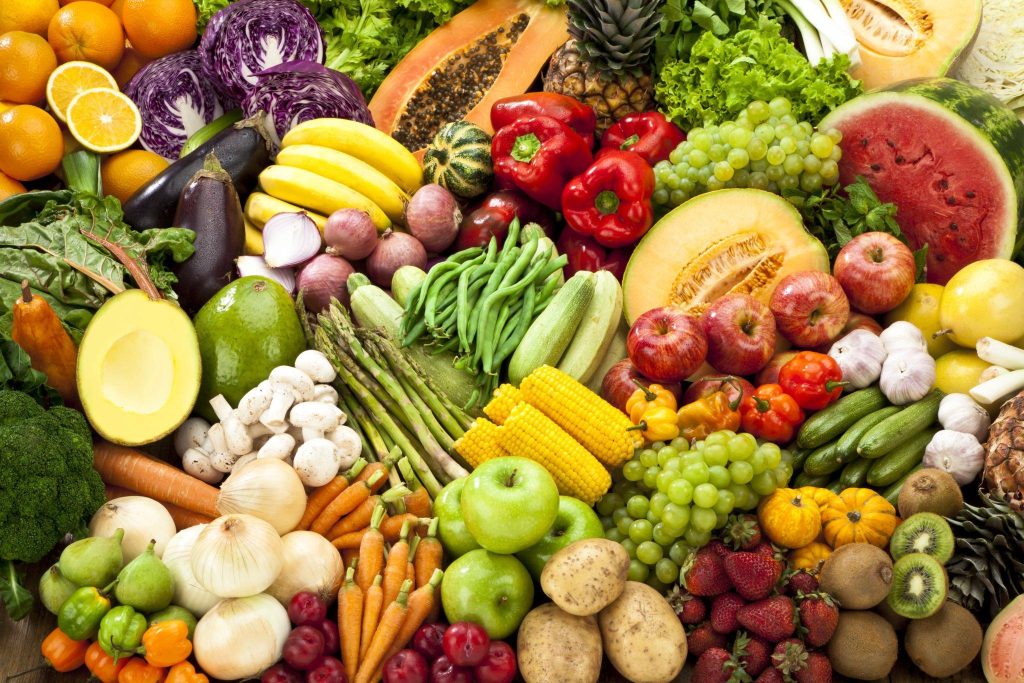
Yorkies, like all dogs, can greatly benefit from the addition of fruits and vegetables to their diet. These not only provide essential vitamins and minerals but also add variety and flavor to their meals. However, it’s crucial to know which ones are safe and healthy for your little companion.
Fruits are a great source of vitamins for Yorkies. Apples (without seeds and core), bananas, and blueberries are perfect choices. They’re not only tasty but also packed with nutrients. Apples offer fiber and vitamins A and C, bananas are rich in potassium and vitamin B6, and blueberries are full of antioxidants. Always remember to serve these fruits in small, bite-sized pieces to prevent choking.
Vegetables can be equally beneficial. Carrots, for instance, are not only good for their teeth but also provide beta-carotene, which is great for their vision. Green beans are low in calories and high in fiber, making them a healthy snack, especially for Yorkies watching their weight. Cucumbers, another low-calorie treat, are perfect for a hot day. Just like with fruits, ensure these veggies are served in small, manageable pieces.
It’s important to introduce these foods gradually into your Yorkie’s diet to avoid any digestive upset. Also, fruits and vegetables should only be a small part of their overall diet. As a rule of thumb, they should not exceed 10% of your Yorkie’s daily food intake. This ensures they get most of their nutrition from their regular dog food, which is specially formulated to meet their needs.
Safe Protein Sources
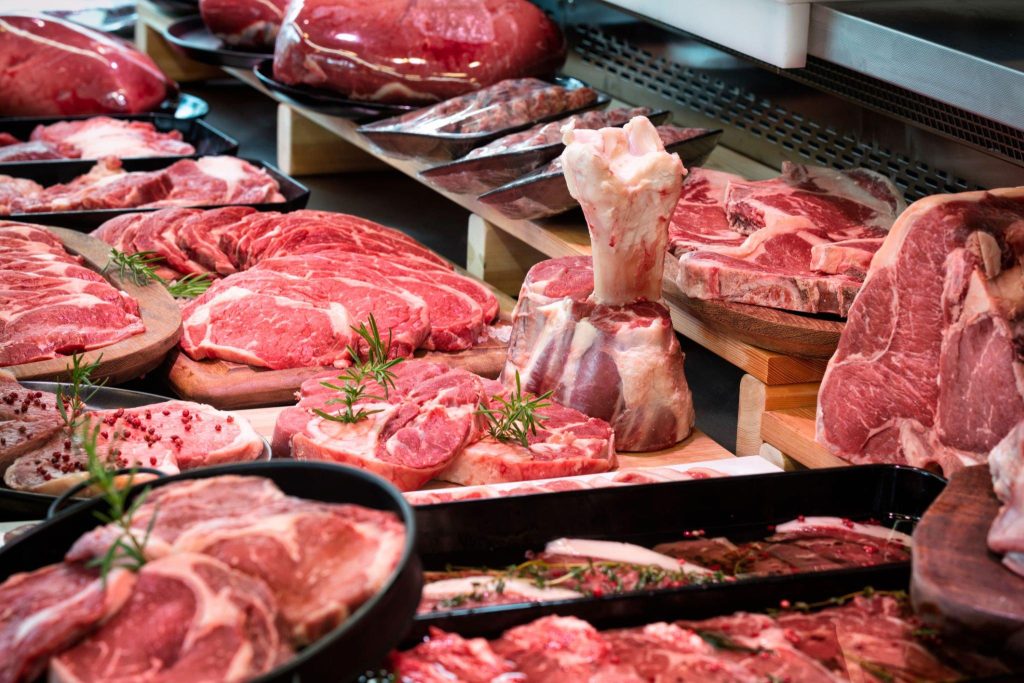
Protein is a vital part of your Yorkie’s diet, supporting muscle development and overall health. However, choosing the right protein sources is key. Let’s explore the best protein-packed foods that are safe and beneficial for your Yorkie.
Chicken, turkey, and lean beef are excellent choices. These meats are not only high in protein but also contain essential amino acids that Yorkies need. It’s important to cook these meats thoroughly and serve them plain, without any added spices or sauces that could be harmful. Remember, cooked meat is safer than raw, as it avoids the risk of bacterial infections.
Fish can also be a fantastic protein source for Yorkies. Fish like salmon and cod are not only rich in protein but also contain omega-3 fatty acids, which are great for your Yorkie’s coat and skin health. Make sure the fish is cooked and deboned. Small bones can be a choking hazard and may cause internal injury.
It’s crucial to keep protein intake balanced. Too much protein can lead to health issues, especially in Yorkies with kidney problems. Moderation is key. When introducing new protein sources, do it gradually to prevent digestive issues. And as always, watch for any signs of allergies or intolerances.
By incorporating these safe protein sources into your Yorkie’s diet, you’re not just feeding them; you’re nurturing their health. These protein-rich foods will keep your little friend happy, healthy, and full of energy.
Healthy Treats and Snacks
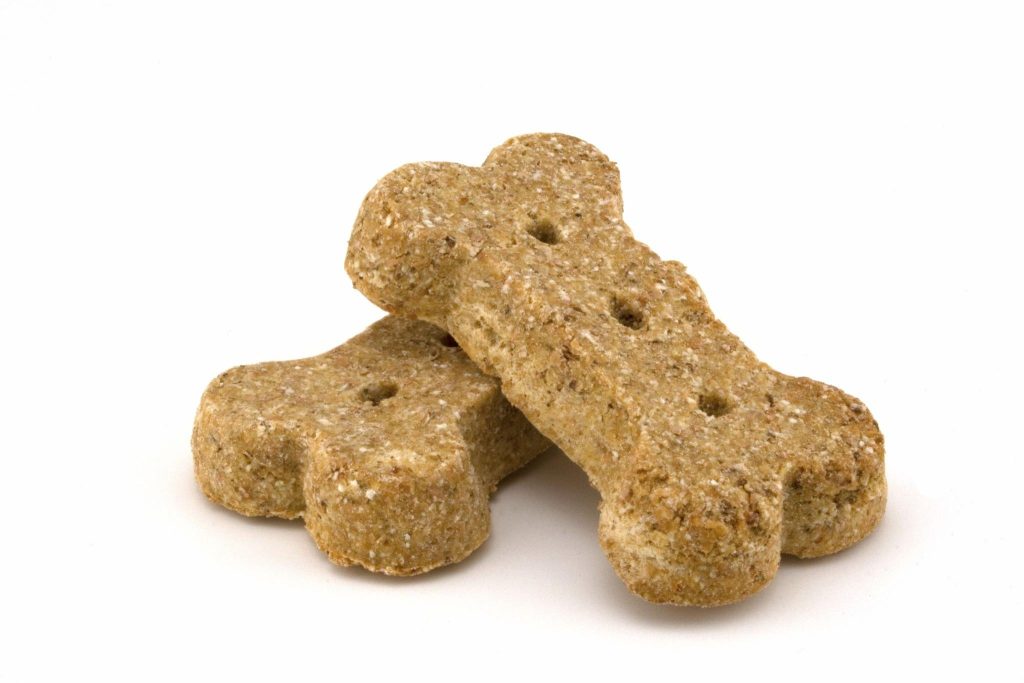
Every Yorkie loves a good treat, but it’s important to choose snacks that are as healthy as they are delicious. Here’s a guide to some nutritious treats and snacks that will make your Yorkie’s tail wag without compromising their health.
Commercial dog treats can be a convenient option, but it’s essential to pick the right ones. Look for treats that are specifically designed for small breeds like Yorkies. These should be low in calories and free from artificial colors and flavors. Always check the ingredients list – the simpler, the better. Natural ingredients like sweet potato, pumpkin, and lean meats are great choices.
Homemade treats are another fantastic way to spoil your Yorkie while keeping an eye on their health. Simple recipes using ingredients like oatmeal, cooked chicken, or carrots can be fun to make and serve. Remember to keep these treats small and easy to chew. Homemade peanut butter cookies (without xylitol) or baked apple slices are also great options.
It’s crucial to remember that treats should only make up a small portion of your Yorkie’s diet – no more than 10%. This helps avoid weight gain and keeps their diet balanced. Also, always introduce new treats gradually to check for any adverse reactions.
By choosing healthy treats and snacks, you’re not just rewarding your Yorkie; you’re also contributing to their well-being. These treats will keep them happy and healthy, providing a tasty supplement to their regular diet.
Foods to Avoid
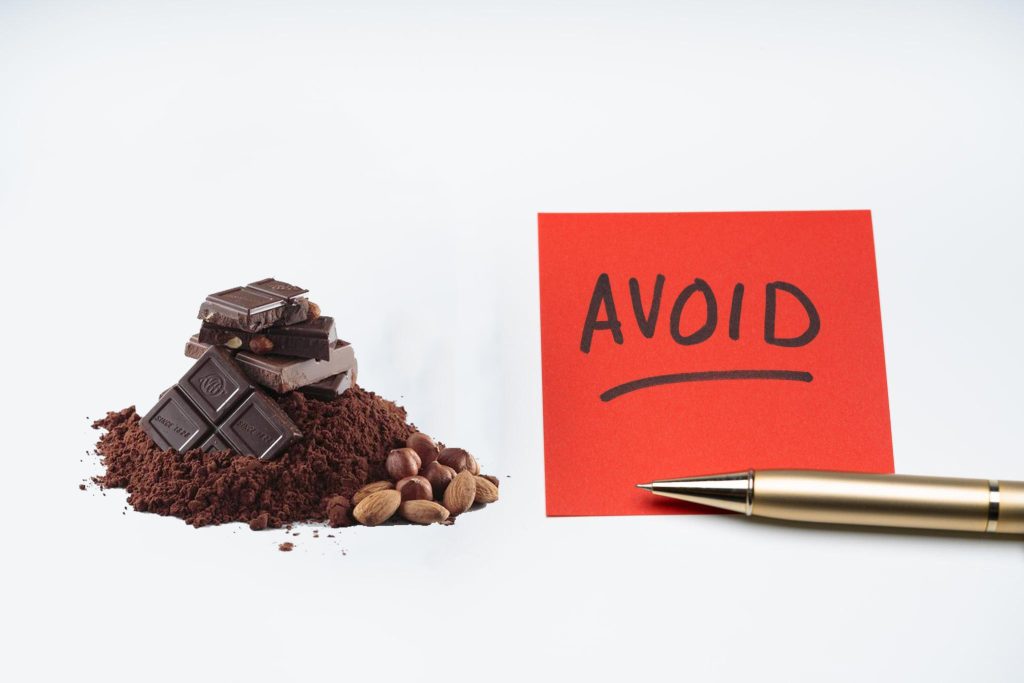
While Yorkies can enjoy a variety of foods, there are some you should definitely keep off their menu. Being aware of these can prevent health issues and ensure your Yorkie stays happy and healthy.
Chocolate is a big no-no. It contains theobromine, which is toxic to dogs and can cause serious health problems. Even small amounts can be dangerous, so it’s best to keep all chocolate out of reach. Grapes and raisins are also harmful. They can cause kidney failure in dogs, even in small quantities. It’s crucial to avoid these fruits entirely in your Yorkie’s diet.
Onions and garlic, whether raw, cooked, or powdered, are harmful to Yorkies. They can cause gastrointestinal irritation and could lead to red blood cell damage. Similarly, foods containing xylitol, an artificial sweetener found in many sugar-free products, should be avoided. Xylitol can lead to insulin release and hypoglycemia in dogs, along with potential liver damage.
It’s also wise to steer clear of overly fatty foods and bones. Fatty foods can lead to pancreatitis, while bones, particularly cooked ones, can splinter and cause choking or internal injuries. Keeping these foods away from your Yorkie will help prevent unnecessary trips to the vet.
By knowing what foods to avoid, you’re taking a big step in protecting your Yorkie’s health. Remember, if you’re ever unsure about a certain food, it’s best to err on the side of caution and avoid it, or consult with your vet.
Frequently Asked Questions (FAQs)
1. How Often Should I Feed My Yorkie?
Feeding frequency can vary depending on your Yorkie’s age, size, and activity level. Generally, puppies require more frequent meals, about 3-4 times a day, while adult Yorkies typically do well with 2 meals a day. Always consult with your vet to determine the best feeding schedule for your specific pet.
2. Can Yorkies Eat Human Food?
While some human foods are safe and healthy for Yorkies, others can be dangerous. Safe options include certain fruits, vegetables, and lean meats. However, always avoid toxic foods like chocolate, grapes, and onions. It’s best to give human food in moderation, ensuring it’s not more than 10% of their diet.
3. What Is the Ideal Portion Size for Yorkies?
Portion size depends on your Yorkie’s weight, age, and activity level. Overfeeding can lead to obesity, a common issue in small breeds. A general guideline is to start with the feeding recommendations on your dog food package, adjusting as needed based on your vet’s advice and your dog’s health.
4. Are Grain-Free Diets Good for Yorkies?
Grain-free diets can be suitable for some Yorkies, especially those with grain allergies or sensitivities. However, it’s important to ensure they still receive a balanced diet. Some grain-free diets have been linked to heart issues in dogs, so consulting a vet before switching is crucial.
5. How Can I Tell if My Yorkie Is Allergic to Certain Foods?
Signs of food allergies in Yorkies can include itching, skin rashes, ear infections, or gastrointestinal problems like vomiting or diarrhea. If you suspect a food allergy, consult your vet. They may recommend an elimination diet to identify the allergen.
Conclusion
As we wrap up this comprehensive guide on the ideal diet for your beloved Yorkie, remember that the right nutrition is key to their health and happiness. We’ve explored a variety of safe and nutritious foods, from fruits and vegetables to proteins, and discussed the importance of avoiding certain harmful foods. Balancing these elements in your Yorkie’s diet will not only keep them energetic and healthy but also prevent potential health issues. Always keep in mind the unique needs of your Yorkie, adjusting their diet as they grow from playful puppies to dignified seniors.
Your role as a responsible Yorkie owner extends beyond love and care; it involves making informed decisions about their diet. Regular consultations with your vet, staying informed about their dietary needs, and a keen eye on their health are all part of this journey. By following these guidelines, you’re ensuring that your furry companion enjoys a long, happy, and healthy life. Share this guide with fellow Yorkie owners and join the community in nurturing the well-being of these adorable pets.
